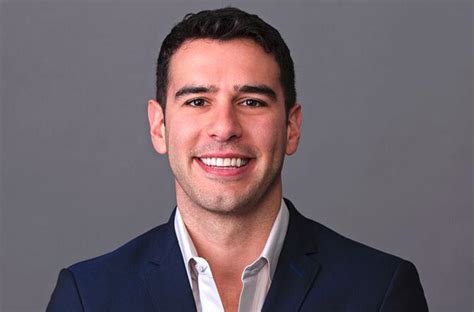A Quote by Robert Shea
That the more authoritarian organizations survive and prevail goes generally unnoticed because people focus on the objectives of organizations, which are many and varied, rather than on their structures, which lend to be similar.
Related Quotes
Some of my unhappiest moments have been in organizations. Somehow it seems to be quite respectable to do things in organizations that you would never do in private life. I have had people insult me to my face in front of colleagues. I have had my feelings rammed down my throat on the pretext that it would do me good. I have been required to do things which I didn't agree with because the organization wished it... In my worst moments I have thought organizations were places designed to be run by sadists and staffed by masochists.
Well, years and years ago, I started to ask myself three very simple questions, which dominated my life for many years. One of them was, "Why are organizations everywhere, whether commercial, social, or religious, increasingly unable to manage their affairs?" The second question was, "Why are individuals throughout the world increasingly in conflict with and alienated from the organizations of which they're a part?" And the third was, "Why are society and the biosphere increasingly in disarray?"
I try to support any and all animal causes or organizations out there if they are good and reputable. Sadly, there are a lot of people and organizations that raise money but don't do much or don't have good intentions. I've worked with organizations such as Marine Animal Rescue in Southern California.
One of the things that I realized when I left office was that in the 1990's citizens across the world applied more power than they had ever had, as compared with the government, because of more people living under democracies than dictatorships for the first time, the power of the internet, which the young Chinese used to basically change China's policy on the SARS epidemic, and shut it down, and because of the rise in non-governmental organizations like my foundation.
While many in the social enterprise space often qualify themselves as 'non-profit,' these organizations should instead treat themselves as 'for-purpose.' These organizations should focus on their mission to create social good, while still treating themselves with the same commitment to rigor and discipline as the best for-profits.






































